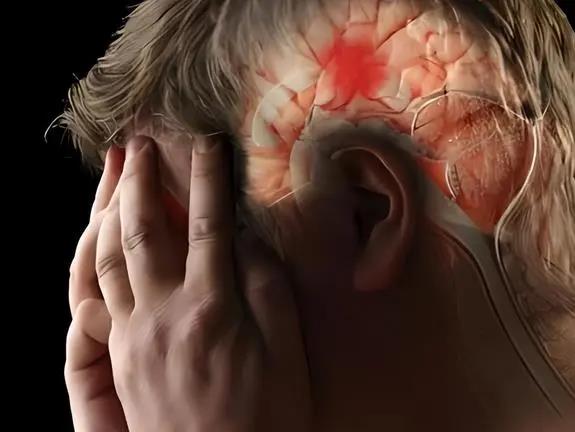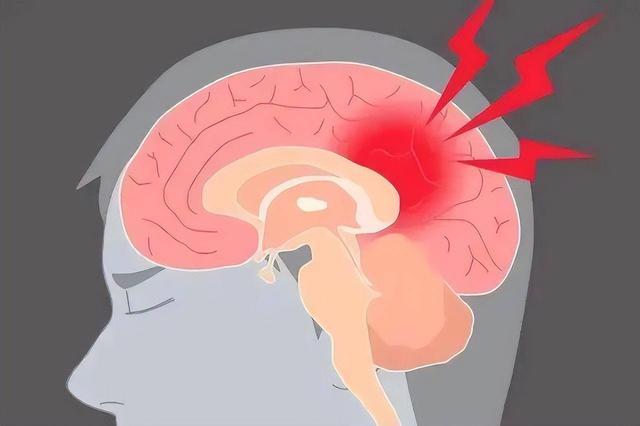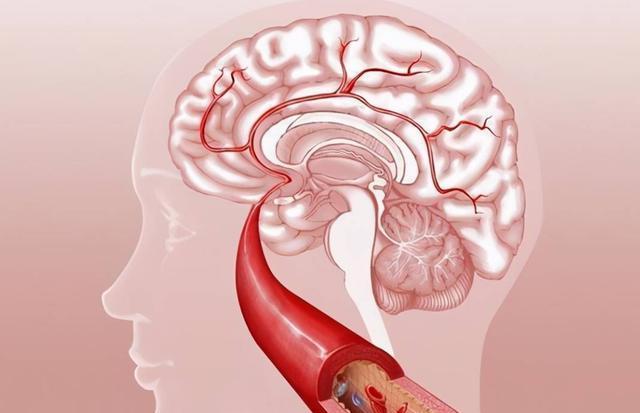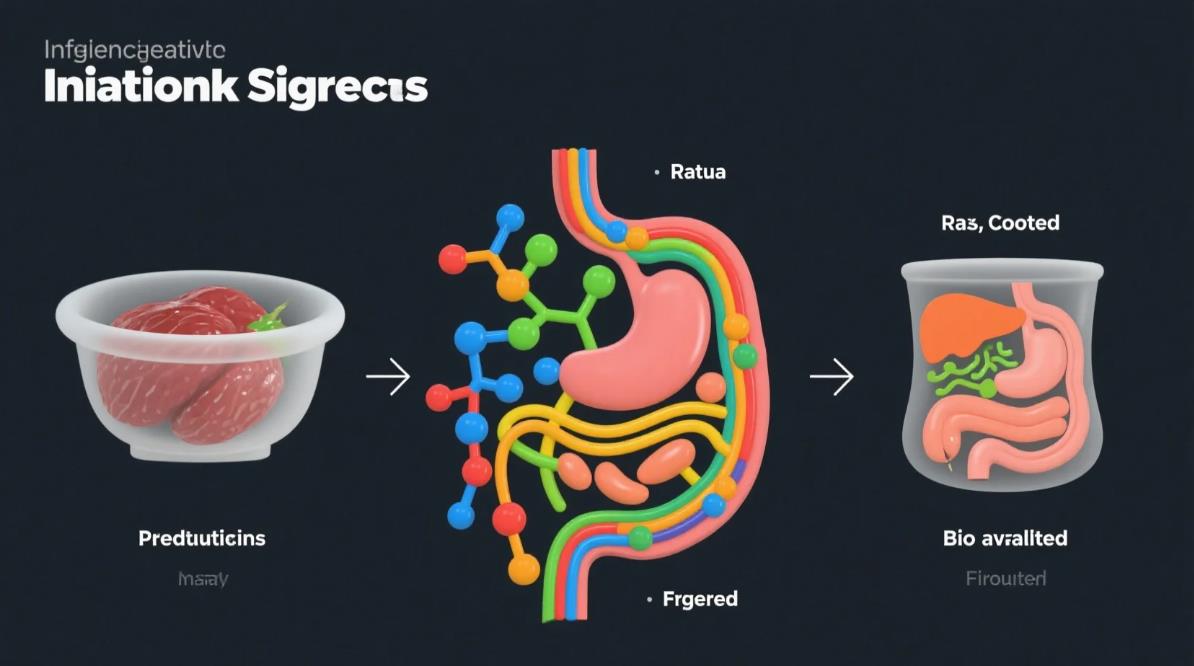During winter, if you feel dizzy, light-headed, or as though the world is spinning, coupled with persistent fatigue that sleep cannot alleviate, it might be a warning sign of an impending stroke. As temperatures drop, blood vessels constrict as if wrapped in heavy winter coats, causing blood pressure to fluctuate dramatically. This can lead to cerebral blood vessel spasms, similar to a nervous hand tremor, making the brain vulnerable to strokes and other vascular diseases.

The cold weather reduces water intake and perspiration, leaving the body’s water content as if “hidden away,” which thickens the blood like syrup, increasing the risk of blood clots. Consequently, conditions like cerebral infarction and myocardial infarction become lurking dangers. Young and middle-aged individuals are not exempt, either. The intense pressure of work and study, combined with an accelerated pace of life and unhealthy habits like late-night gaming or working overtime, lay the groundwork for stroke occurrences. For those with hypertension, high blood sugar, or high cholesterol who maintain a morning exercise routine, winter workouts can be particularly risky. Venturing out for early morning exercise could be a dangerous endeavour; waiting for more sunlight before starting your day’s activities might be a safer choice.
In the early stages of a stroke, this silent attacker may perform subtle “tricks” to signal its presence. For instance, you may occasionally notice blurred vision, as though peering through a thin fog, or experience sudden blackouts or narrowed vision, akin to having your visual field gently pinched. These “magical” changes often last less than an hour before everything returns to normal. However, don’t take these lightly—visit a hospital for a check-up. Once eye-related issues are ruled out, consider the possibility of an impending stroke.
Beyond visual disturbances, early warning signs may include slurred speech, as if your tongue were tripping over something, making it difficult for others to understand you. Alternatively, speech from others may sound garbled, as though in a foreign language. In more severe cases, you might notice drooping of one corner of the mouth or excessive salivation, as if your mouth had developed a mind of its own, disobeying brain signals.

A stroke may also challenge your physical abilities. You might experience numbness or weakness in your limbs, as though bound by invisible cords restricting your movement. This could manifest in daily life as an inability to grip objects firmly, with cups or keys slipping from your hands unintentionally. Walking might become unsteady, as if on uneven ground, leading to frequent falls. These seemingly minor issues are, in fact, the brain’s way of sending out warning signals.

Every warning from the body deserves our utmost attention. Symptoms such as dizziness, as though the world were spinning around you; excruciating headaches, like being pricked by countless needles; numbness or weakness in your limbs, akin to being restrained by invisible ropes; difficulty moving freely; and slurred or even lost speech could all be signs of an impending stroke. At such moments, seeking medical attention promptly is crucial to “nip the threat in the bud” and prevent severe consequences.




